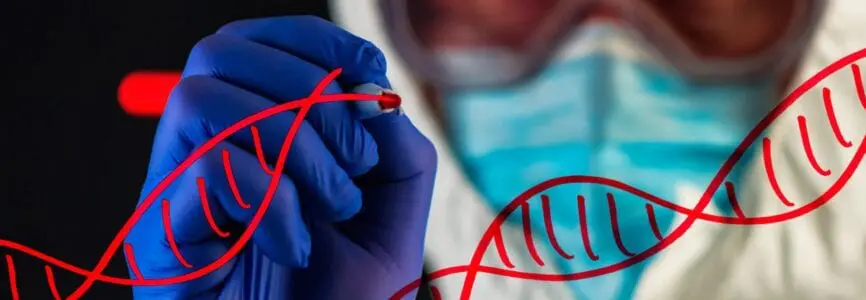Hastings Center News
Hastings Center Organizes Symposium for International Journalism Conference: Ethical Debates on New Genetic Technologies
The Hastings Center is working with the World Conference of Science Journalists to organize a pre-conference symposium, “New Genetic Technologies: Ethical Debates and Global Science Policy.” The 10th World Conference of Science Journalists, which will take place in San Francisco on October 26 – 30, is expected to bring more than 1,200 professional journalists from around the world to build global capacity for science communication and provide an opportunity for journalists to explore cutting-edge science and professional challenges as well as crucial issues at the interface of science and society.
The genetics symposium will consist of two sessions, each with a panel of bioethicists who think about genetic technologies, and journalists who cover them.
Session #1: Human Gene Editing and Procreation: Is There a Parental Obligation to Create “Better” Babies?
Some people argue that parents have a moral obligation to create the best babies possible. Others counter that we might actually have a moral obligation not to pursue that goal, warning that important aspects of the parent-child bond might suffer if parents take significant control over the genomes of their offspring. This session will explore the views of advocates and skeptics, who will argue for and against the use of gene editing in human embryos to create enhancements, should this become possible — genetic predispositions to be smarter, more athletic, possibly even kinder. The panel will include Josephine Johnston, The Hastings Center’s director of research; Ronald Green, professor emeritus of religion and ethics at Dartmouth; Joel Achenbach, a reporter for the Washington Post, and Xiaoxue Chen, a journalist from Beijing who writes for The Intellectual. Robin Marantz Henig, a freelance journalist and immediate past president of the National Association of Science Writers, will serve as moderator.
Session #2: From GMOs to Gene Drives: What to Make of Our Newfound Powers to “Edit” Plants and Animals?
Scientists are proposing gene editing of the natural world for a range of purposes, including controlling Zika and conserving native ecosystems. Because these efforts elicit strong reactions, akin to the polarized debate over GMOs, they are difficult to discuss and write about. Hastings Center research scholar Gregory Kaebnick will talk about the values questions raised by genetically editing the genomes of plants and animals. Gary Marchant, a professor at Arizona State University’s Sandra Day O’Connor College of Law, will address global governance challenges, particularly with regard to DIY tinkerers, who can buy gene editing kits online, and the barriers to achieving oversight across national boundaries. Amy Harmon, a Pulitzer Prize-winning reporter for The New York Times, and Kai Kupferschmidt, a Berlin correspondent for Science, will discuss the minefields they encounter in their reporting, including allegations of falling into one or another “camp.” Hastings Center president Mildred Solomon will serve as moderator.
The sessions, which will take place on Thursday morning, October 26, will draw on expertise from The Hastings Center’s international project on the potential social and ethical implications of using gene editing. The project and the preconference workshop are supported by the John Templeton Foundation. The Hastings Center is also one of more than 25 organizations providing sponsorship support to the World Conference. Conference attendees will be allowed to register for the symposium during general conference registration, starting May 1.
More information is on the conference site, https://wcsj2017.org and on Twitter, #wcsj2017.

